Faster-Healing Skin

'Beauty sleep' is real. Your skin uses sleep hours to heal itself from the day's damage. When you drift off, your skin gets the chance to improve. That's why you may wake up looking fresh and rosy.
Fewer Breakouts
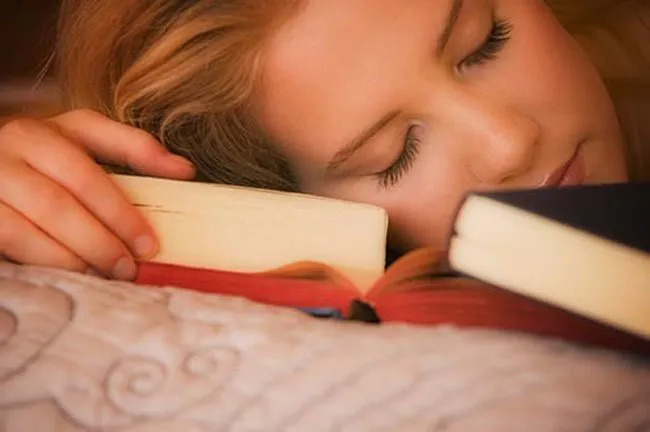
More sleep, clearer skin. Lack of sleep can lead to stress, which causes pimples and blackheads, even in adults. In one study, experts found that college students had more breakouts when they were stressed out, such as during exam time.
Brighter Eyes
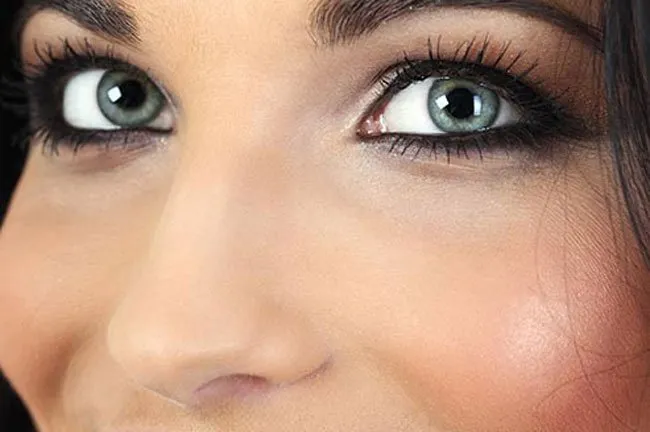
Want eyes that sparkle? Don't let dark circles steal their spotlight. Dark circles often run in families, but they can look even darker if you aren't getting enough shut-eye. To disguise them, apply a light layer of eye cream as a primer. Then dab on and blend in a dot of concealer one to two shades lighter than your skin tone.
Even Skin Tone
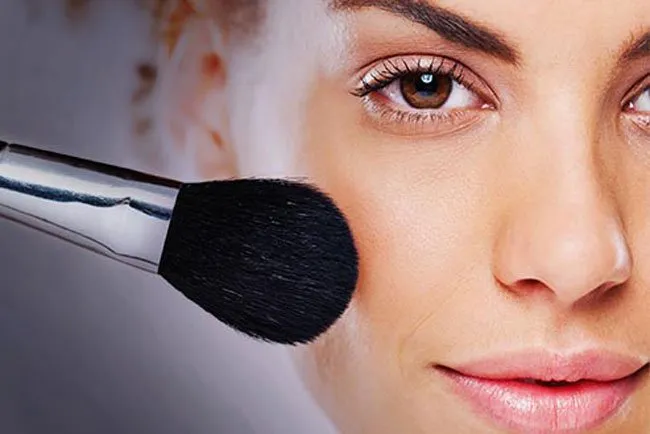
Pulling an all-nighter can make your skin look more pale or blotchy. Sleep encourages healthy blood flow to your skin. If you wake up with uneven skin, apply foundation. Set it with translucent powder (or green-tinted powder to balance out redness).
You Look 'Better'!
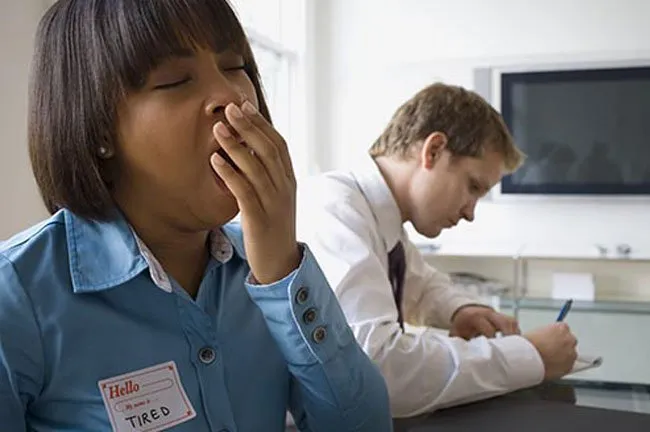
Sure, you may feel fine running on fumes, but your friends, family, and coworkers are apt to notice. Researchers in Sweden asked a study group to look at pictures of sleep-starved people vs. ones who'd had eight hours. The well-rested people seemed healthier, less tired -- and more attractive.
Outsmart Puffiness

You wake up with puffy eyes because fluid collects around them when your head lies flat on the bed. Solution: Prop your head above your heart at night with a couple of pillows. Still packing bags under your eyes? Apply a cold cloth to the area for a minute or two in the morning.
Skip the Salt

If you're a night owl looking for a snack, reach for a piece of fruit. Salty snacks can give you a swollen face in the morning. That's because foods that are high in salt can cause you to retain fluid, resulting in puffiness.
Make Water Your Nightcap
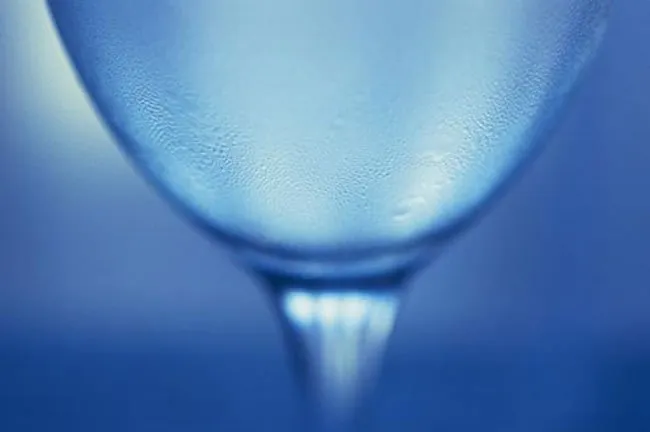
A glass of wine might seem relaxing, but you're more apt to see dried-out skin and large, visible pores in the mirror the next day. Cut back on nightly drinking and have lots of water instead. In the morning, use a toner that contains zinc sulfate or aluminum, which make pores look smaller.
A Great PM Skin Routine

To keep your face smooth and soft, start with a mild cleanser to remove grit, grime, and makeup. Next, apply moisturizer. To keep delicate areas hydrated overnight, doctors advise using an eye cream that contains glycerin and a petrolatum-based lip balm.
A Warm Bath

One of the best ways to put yourself to sleep can improve your skin too. Take a warm bath -- with all the fixins', like bubbles, oils, and body scrubs -- before bed to raise your body temperature a little. You tend to feel sleepy when your body temperature drops, like after a bath.
Retinoids Work Best at Night
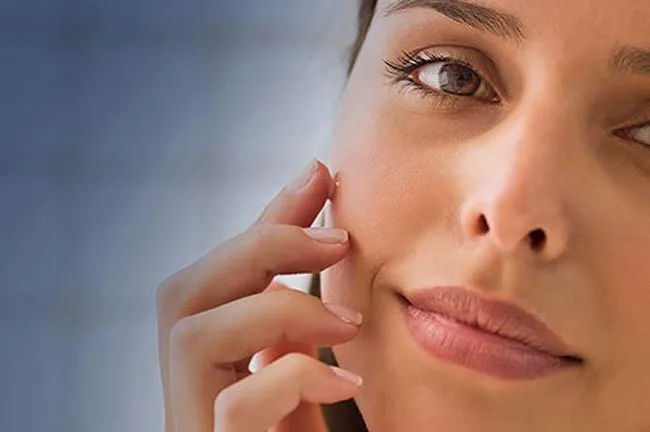
Retinoids -- skin products with vitamin A -- are the gold standard when it comes to smoothing out wrinkles. Use them at night because they can make your skin more sensitive. Using a retinol during the day may lower your tolerance to sunlight and cause redness and marks on skin.
Sleep Face Up for Fewer Wrinkles
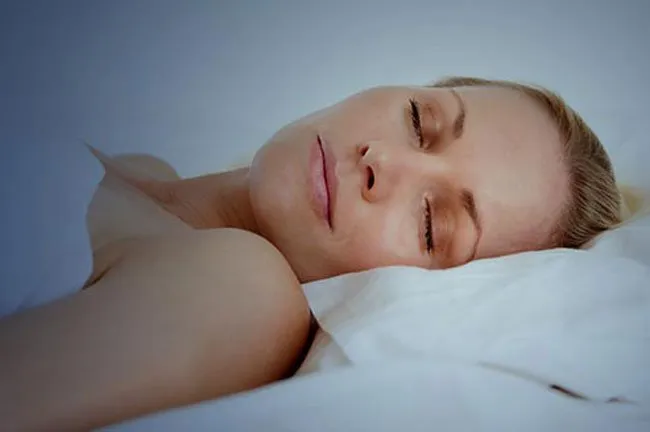
Does your friend have a flawless face? She may be a back sleeper. Sleeping with your face directly on the pillow often leads to lines and creases in the skin. They can become permanent over time. If you can't sleep belly up, try switching to satin sheets (or at least satin pillow cases). That may lessen your odds of sleep-related wrinkles.
Count Your Fingers (And Toes!)

Your nighttime routine might focus on your face, but don't forget your fingers and toes. Dermatologists suggest applying a moisturizing shea butter cream or a healing ointment on your hands and feet at night. To help your feet absorb cream, wear socks to bed.
Health and Beauty: The Benefits of Beauty Sleep
This tool does not provide medical advice. See additional information: 
© 1996-2024 WebMD, LLC. All rights reserved.
Source slideshow on WebMD
